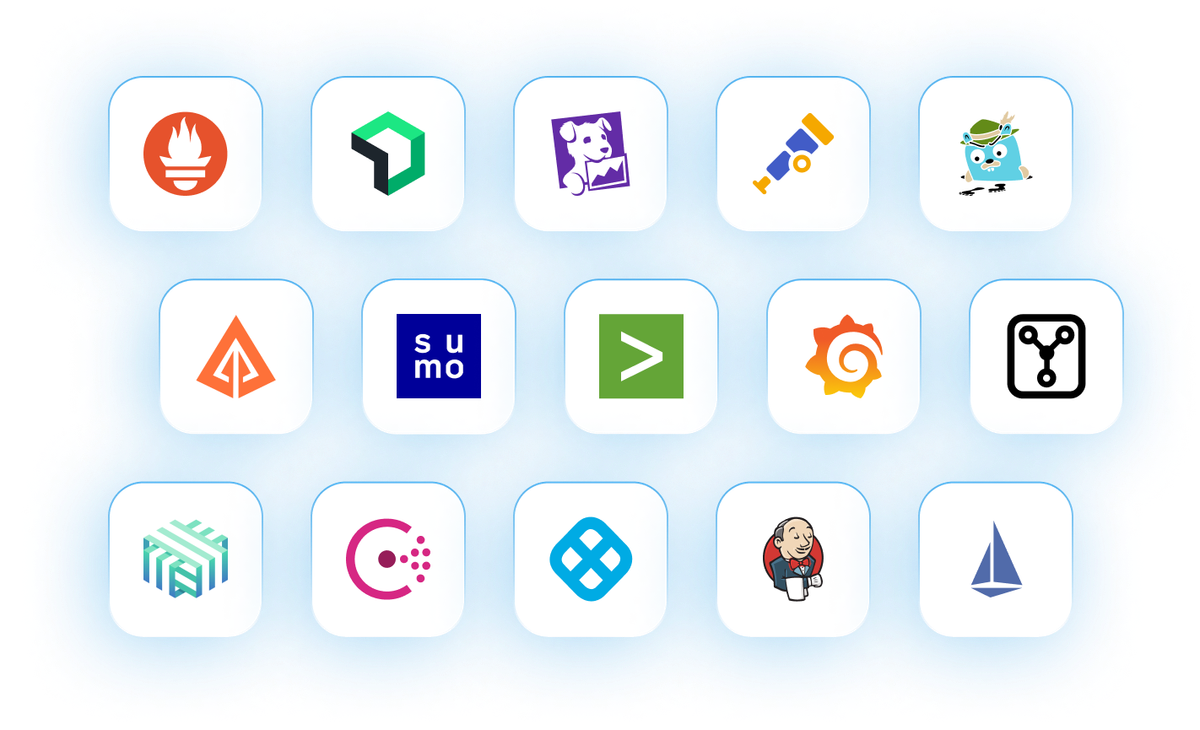Simplify and secure your application environment with the best-in-class, Kubernetes-native API Gateway.

Manage high-traffic volumes and distribute incoming requests across multiple instances of backend services.
Manage high-traffic volumes and distribute incoming requests across multiple instances of backend services.
Streamline productivity with self-service options to leverage your team’s existing K8 workflows.

.png)







.png)







.png)






Equipped with a full-featured Web Application Firewall (WAF) to help prevent and mitigate many common attacks, Edge Stack also authenticates incoming traffic before routing it.
As a Kubernetes-native API Gateway, Edge Stack has a centralized database to manage configurations, enhancing scalability and reducing the risk of a single point of failure.
Built-in declarative workflows for multi-team environments and self-serve options to publish, monitor, and update services empower developers and reduce operations’ loads.
Edge Stack: A cost-effective Kubernetes API Gateway solution with no hidden costs and no extra infrastructure. Requires no extra plugins or Postgres Database. Ideal for the entire microservices lifecycle in Kubernetes environments, from design to observability.
Purpose-built Kubernetes control plane with ingress controller (Envoy Proxy) for high performance and high availability.
Declarative Custom Resource Definitions, which are highly configurable, UI options, and integrations.
Reduce the burden of regression testing with simplified canary releases and traffic shadowing for cloud-native apps.
Simple configurations to implement rate-limiting and load shedding at the edge to maintain the highest levels of availability and responsiveness.
Empower API development teams to easily and safely publish, monitor, and update services.
Single metric (Requests Per Month) pricing and no need to pay for Postgres database or additional plugins.
Seamless integration with your tech stack.
Explore the complete list of integrations for Edge Stack Kubernetes API Gateway.

Check how Daisy Health, an innovative healthcare startup, leverages Edge Stack API Gateway to secure their APIs. Lou Sacco, CTO of Daisy Health, highlights the critical role of Edge Stack in their platform, ensuring top-notch API security and efficient traffic management.
Edge Stack plays an important role throughout the entire microservices lifecycle and can improve your organization's design, development, testing, deployment, and observability activities.
Edge Stack, the Kubernetes API Gateway, makes securing microservices easy with a comprehensive set of advanced functionality.
.png)
Routing user requests into your Kubernetes cluster requires a modern traffic management solution. Edge Stack API Gateway provides a robust Kubernetes Ingress Controller that supports a wide range of protocols and provides reliability and resilience features to protect your backend services.

Edge Stack API Gateway empowers development teams to safely manage their ingress, using the same workflows they already use with K8s. Declarative workflows enable decentralized policy management and API teams can publish, monitor and update services independently.
See why Edge Stack is the chosen Kubernetes-native API Gateway solution for development and platform teams alike — and what it can do for your team.